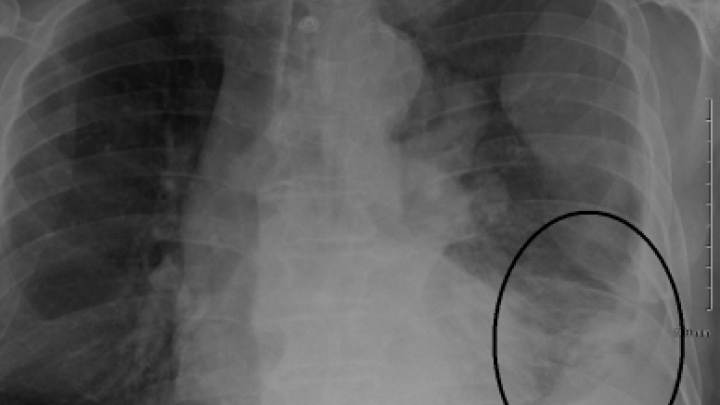Returning to Work After Cancer Treatment
A cancer diagnosis is proof that your life can change in an instant. This extends not only to your personal relationships, but also to your work relationships and the decision to return to work, should your diagnosis support it. An estimated 4.8 million cancer survivors are of working age, according to Cure magazine. Here are some steps you can take to return to work after cancer treatment as stress-free as possible.
Step 1: Talk to Your Doctor
While you ultimately know how much energy, stress and time your job can take up, your doctor also knows what the road is ahead for you. Sit down with him or her and discuss what work is like for you. If your oncologist has any suggestions or advises against return to work, it's a good idea to wait the appropriate amount of time. When you are cleared to work, check with your boss to find out what legal forms you may need to return to work, such as a letter from your physician detailing that you have been cleared to come back.
Step 2: Think Your Return Through
Coordinating your doctor's appointments, treatments and healing can take up much of your energy and thoughts. If you haven't considered how you might feel when you return to work, take some time to think about what you will disclose to others. For example, your co-workers may ask you how you feel or how your treatments are progressing. These answers are up to you as an individual, but it is a good idea to prepare any comments or updates you would like to share.
Step 3: Know Your Rights
While in a perfect world, returning to work after a cancer diagnosis would mean you entered into a welcoming and understanding environment, the truth is that studies show some workers face discrimination and work disputes following a cancer diagnosis and subsequent return to work. A supervisor or other workers may not understand why you need accommodations or are absent from work due to treatments and physician appointments.
For this reason, it's important to know your rights. If you require work accommodations, notifying your Human Resources supervisor instead of your direct supervisor can ensure all parties follow the law. Employers who employ more than 50 people are also required to follow the Family and Medical Leave Act, which provides for up to 12 weeks of unpaid leave in a 12-month time period. Your state also may have individual rules and added protections, which are always worth looking into. If you do experience what you feel is discriminatory behavior, record the time, concern and person who discriminated against you -- this may be important should you experience further conflicts at a later date.
Step 4: Consider What's Important
Some people simply find they do not have the energy or desire to return to work after a cancer diagnosis and treatments while other flourish with a supportive work family and/or rewarding work. Whatever personal conclusion you make, seek out loved ones and others who can offer a listening ear. While it's true that no one can understand exactly how you feel or what you are going through, you will likely find there are many people ready and willing to listen.






















